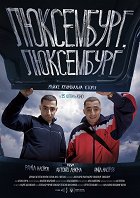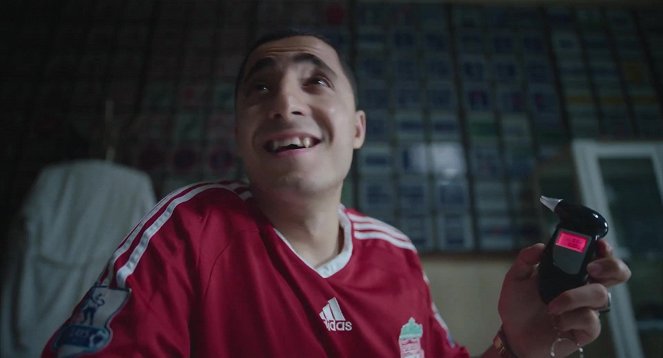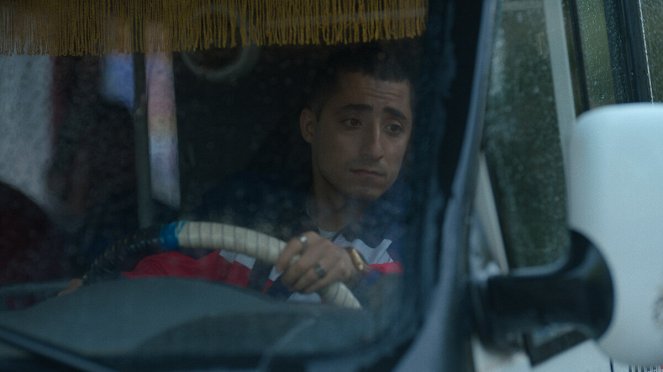Résumés(1)
Ukrainian twin brothers embark on a journey to see their estranged father one last time after learning the old man is dying far away in Luxembourg. (Netflix)
Vidéo (1)
Critiques (2)
Un film sur deux frères chétifs dont la vie est perturbée par plusieurs événements, dont une blessure accidentelle sérieuse infligée à une personne âgée et les soins palliatifs de leur père mourant quelque part dans le lointain Luxembourg. Le ton du film oscille de manière indéterminée entre le drame social sérieux et la comédie riche en scènes et dialogues pleins d'humour noir. De même, la narration de l'histoire n'est également pas très nette, introduisant de petites intrigues pour les abandonner apparemment sans but réel. Cependant, à la fin, les deux frères finissent tout de même par se rendre au Luxembourg et quelques retournements satisfaisants sont adroitement incorporés, ce qui fait que le film, en plus du simple humour verbal, se rachète en proposant une série de moments fatals pleins d'ironie de la vie.
()
Just as Antonio Lukich dealt with his relationship with his mother in his previous film, this time he comes to terms with his father. Despite the personal elements, however, this is not an autobiographical treatise, but rather a universal tragicomic, absurdist road movie in which the preparation for the journey plays a more essential role than the journey itself. It may seem that the whole narrative is disjointed and incoherent, but where some see incoherence, others see the bitter absurdity of everyday life, full of burdens placed on them from above in the manner of Job and by those around them in the manner of Kafka, but also by themselves due to their own stupidity and self-centredness. Lukich shows all of the above as tragedy and comedy in equal measure. The specific peripeteias not only tell the story of the twins, but also illustrate the paradoxes of Eastern European history in general terms, not only the major historical paradoxes, but primarily the minor personal ones. As a result, Lukich’s coming to terms with the myth of his own father mirrors the whole region’s need to face its own past – not necessarily to get all of the answers from it, but simply to confront it, because only then is it possible to finally move on.
()



Annonces